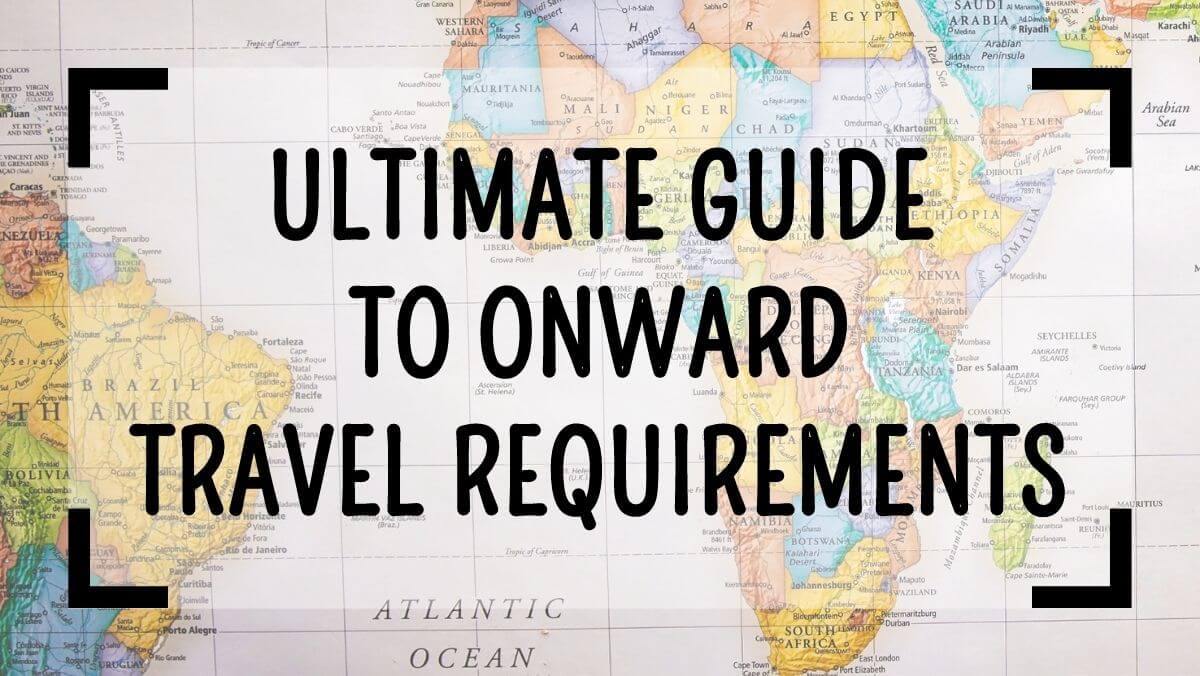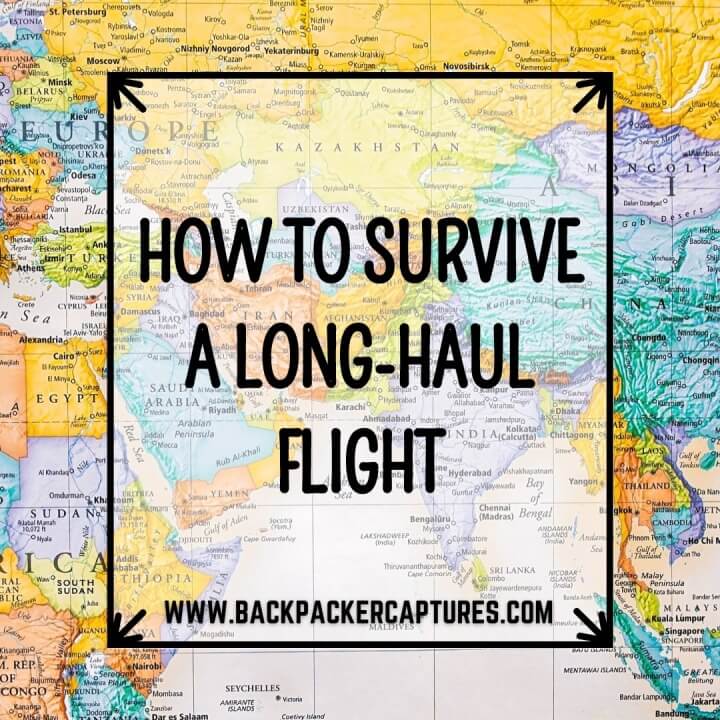Ultimate Guide to Onward Travel Requirements
Ultimate Guide to
Onward Travel Requirements
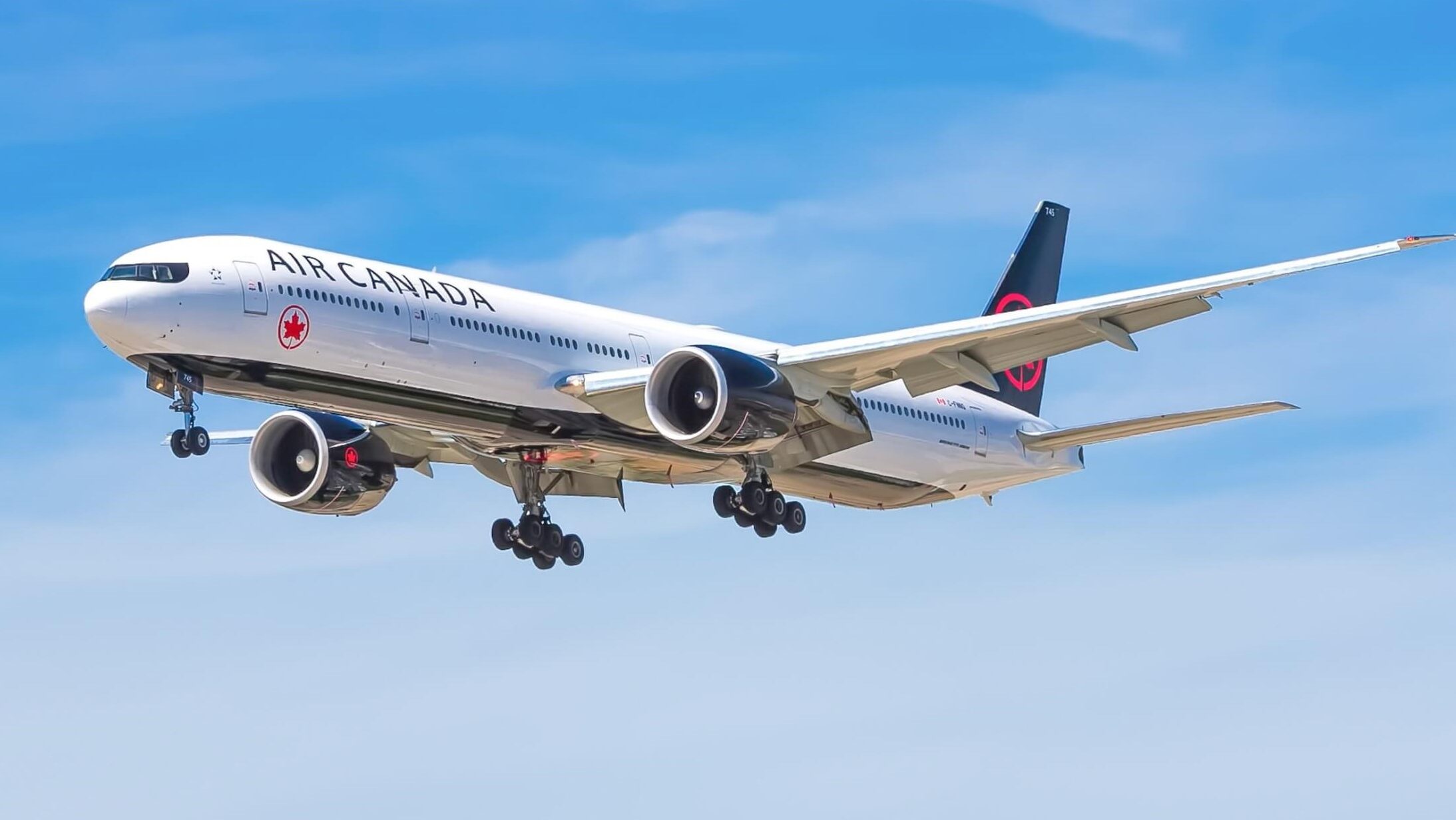

For some, onward travel requirements may come as a bit of a surprise, especially for those heading out on their first long term, multi-country trip. That’s because you may have managed to avoid these travel rules and requirements in the past, simply by pure luck or more commonly by the fact a standard return flight ticket doesn’t tend to warrant any further checks. Nowadays, these checks are becoming more and more common, particularly since the start of the global pandemic, onward travel requirements have now become mandatory almost everywhere. The following guide will help you understand why these requirements are in place and how to ensure you’re able to correctly abide by the relevant rules and regulations.
Many Countries Require Proof of Onward Travel
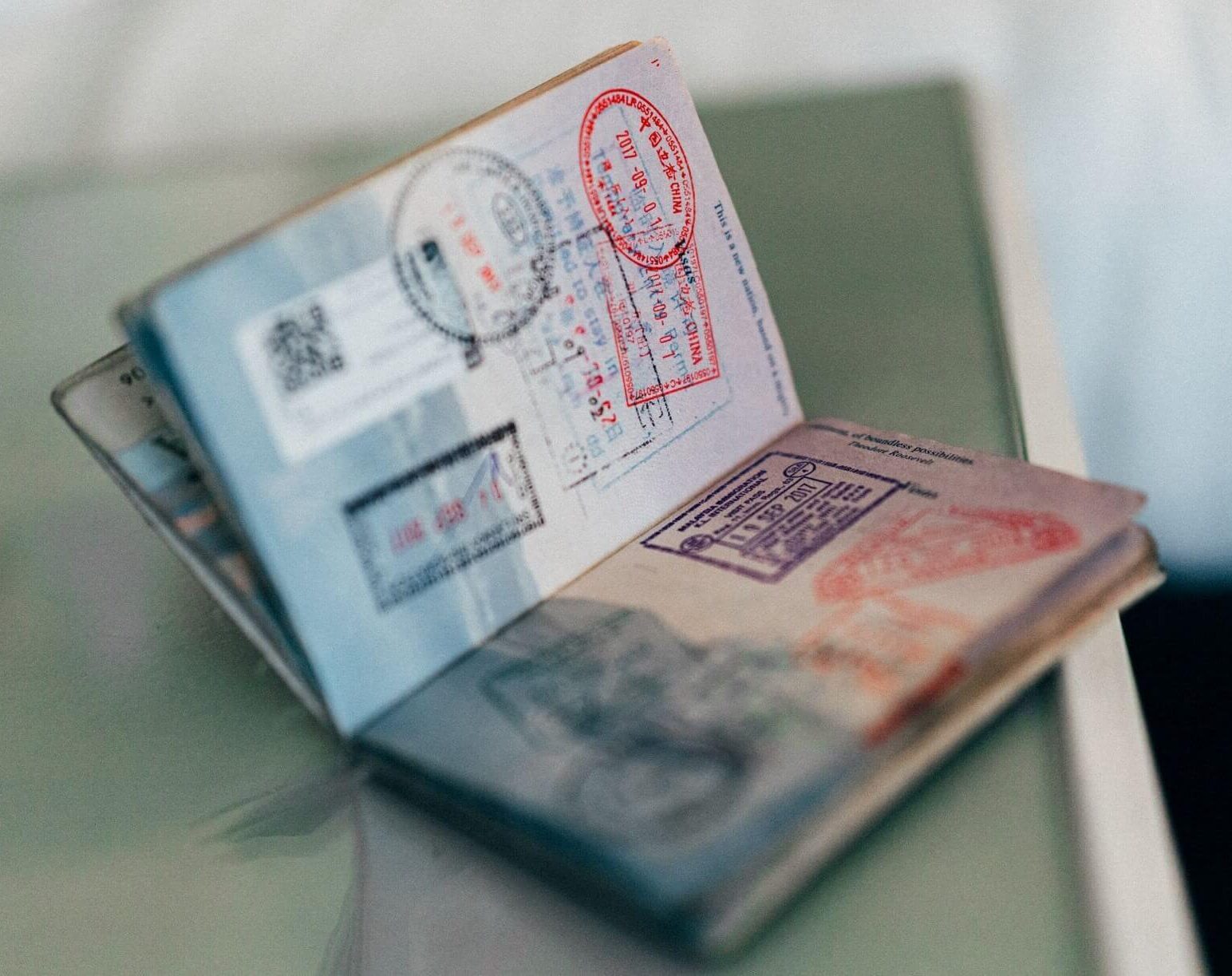
Just because you’ve never been asked to prove your onward travel out of a certain country before, doesn’t mean you won’t have to next time you fly there. Surprisingly, most countries around the world require you to prove you are leaving the country before your visa or visa-free permitted stay is due to expire. As the rules are enforced in a random selection kind of style, you may not be checked in each and every country you visit, depending on a number of different factors. However, it’s always best to be prepared to present your onward travel bookings should you need to show them to your airline carrier or immigration officer upon arrival.
So why do countries require proof of onward travel? There’s a couple of different reasons, but primarily immigration officers don’t want passengers overstaying their allocated number of permitted days in a country. It also deters and helps prevent people from illegally working in a country if their visa doesn’t permit them to. This is a growing problem around the world, travellers are arriving into a destination without enough money to cover their stay or buy a return flight home. They then end up breaking immigration laws by resorting to illegal work in order to help fund their trip. This not only wrongfully takes money out of a country’s economy, but it also steals jobs away from the local people.
It’s the Airline’s Responsibility to Fly You Back if You Are Denied Entry
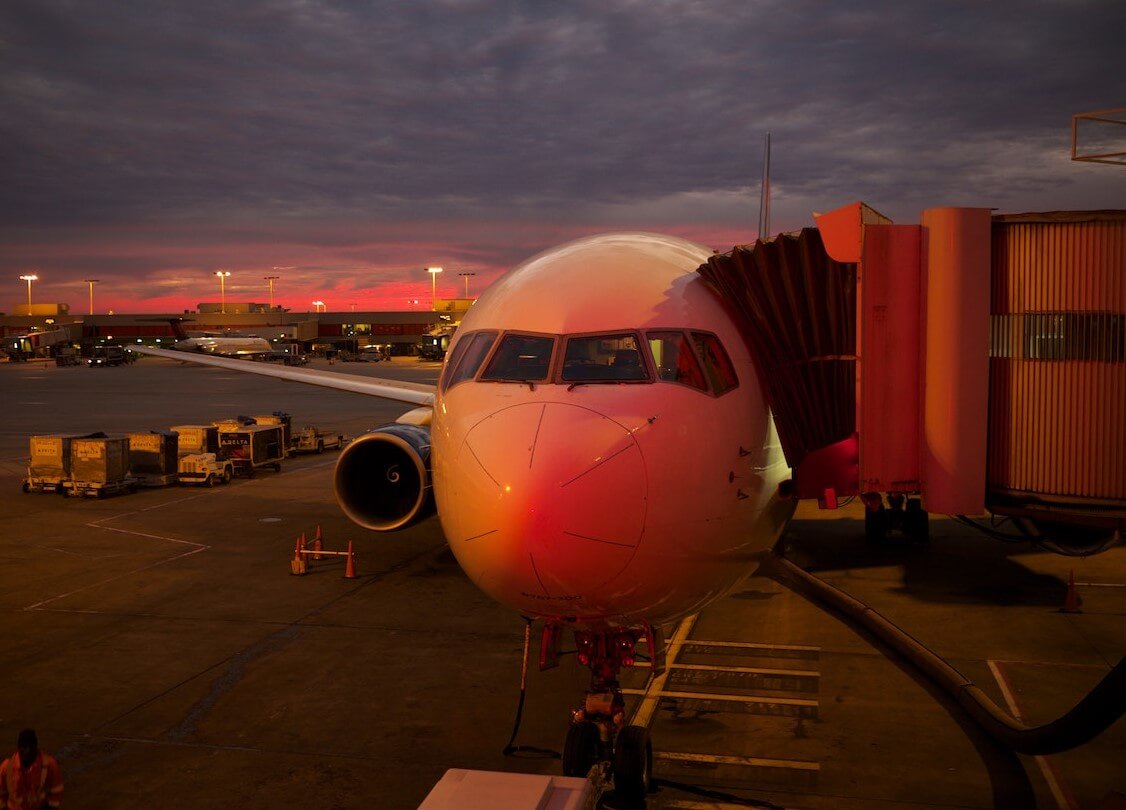
Before you even step foot on the plane you’re likely to be asked to prove your onward travel at the airline check-in desk. That’s because it’s always the airline’s responsibility to fly the passenger back out of the country if they are denied entry at their final destination and is also at the airline’s expense. This basically means immigration departments are asking airlines to check all necessary paperwork is in order, before international passenger’s board their flight, this is why airline’s also check you meet the correct visa requirements for your destination, and more recently, any current Covid-19 requirements. This reduces waiting time at immigration desks and helps prevent rule breakers from slipping through the net.
As mentioned earlier, you may not have been asked for onward travel proof in the past, mainly because you’ve been flying on a standard return ticket. At the check-in desk, gate agents will be able to see your return flight segment in their system and will therefore not ask for any proof. On the other hand, if you were flying in and out of the country with different airlines you may well be asked to show proof of onward ticket.
Options for Proof of Onward Travel
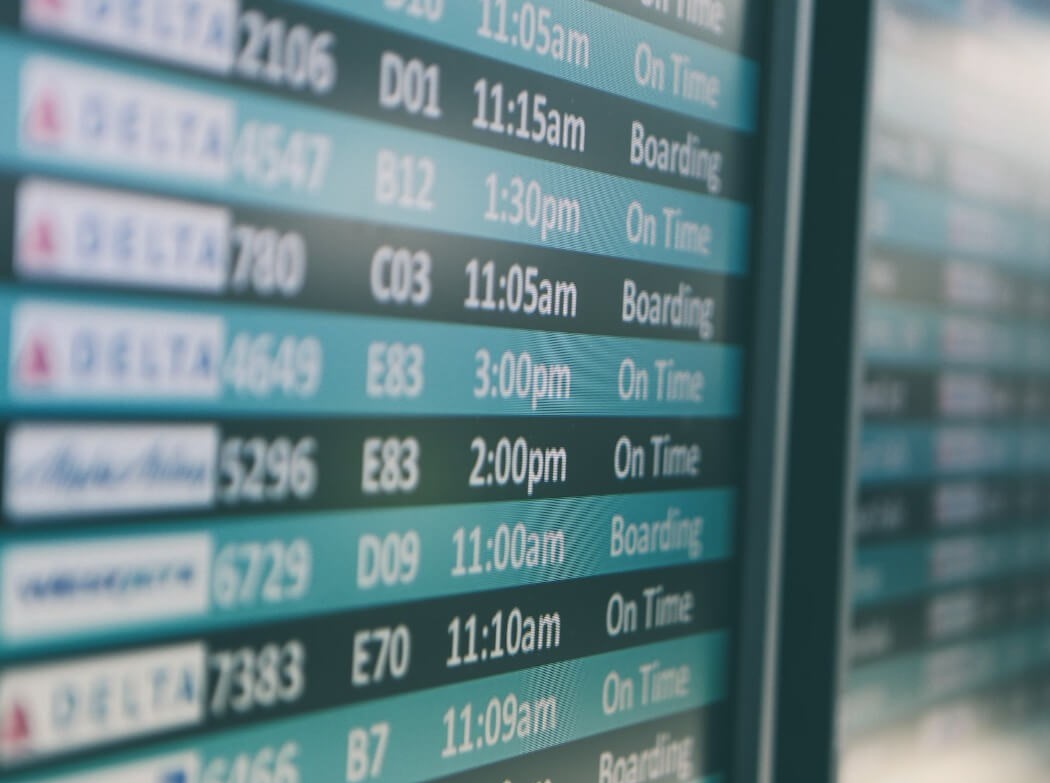
The most straightforward and easiest way to prove your onward travel out of a country is to buy an onward plane ticket and present this to immigration upon entry. But after all, travelling isn’t always that easy, what if you don’t know how long you want to stay in a country or which country you want to go to next, well, there are a few alternative options for you to consider. You could buy a flexible ticket, this way you can change the date of your flight without incurring ridiculous fees and charges, whilst having the freedom to decide how long you want to stay in a country after you’ve already arrived.
Another option is to buy a fully refundable ticket with no intention of using it, you can show the ticket to immigration as proof of onward travel and later request a refund for the ticket. Alternatively, there are a number of websites on the internet that allow you to rent a legitimate ticket for 24-48 hours, a method used by many travellers to sneakily bypass the onward travel requirement.
Be Prepared for Immigration
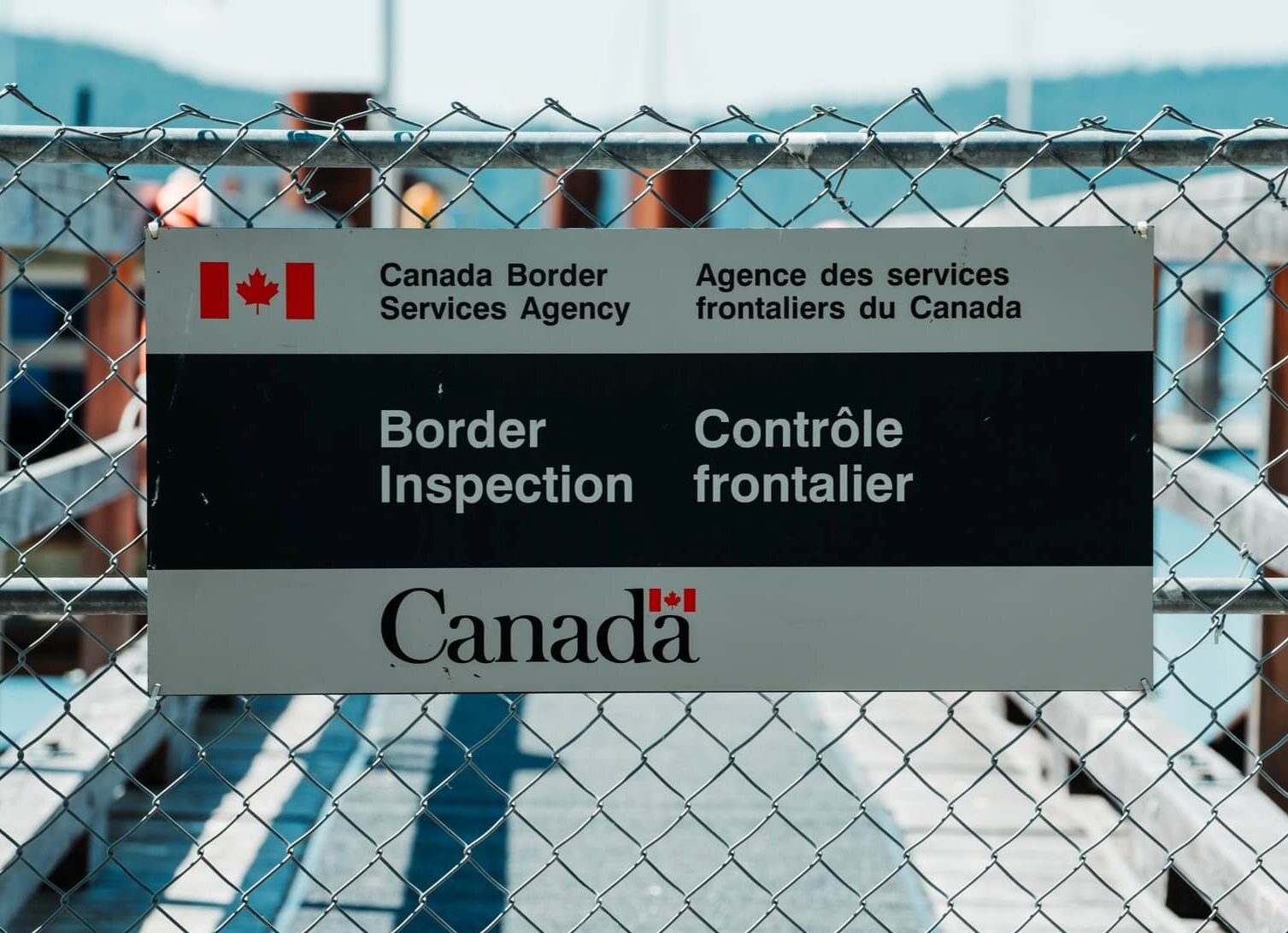
It’s always best to be prepared in all aspects of travel, but when it comes to immigration, it’s crucially important that you are thoroughly prepared, you don’t want to end up being interviewed in an immigration room and you certainly don’t want to be sent back home. It’s essential to fully research what immigration requirements are in place for the countries you are planning to visit, some may have stricter rules and regulations than others.
Not all officers like reading digital copes so make sure you print everything off so that you have hard paper copies to present at immigration. That’s visas, flight tickets, accommodation bookings, everything. You may also be asked to show proof of funds such as a bank statement in order to satisfy the officer that you’re able to fund yourself during your stay. The same with accommodation bookings, recently Mexico has become notorious for not giving travellers their required number of days without displaying accommodation bookings for the entirety of their stay, again a way to get around this is to book flexible and fully refundable bookings.
Using Land Borders
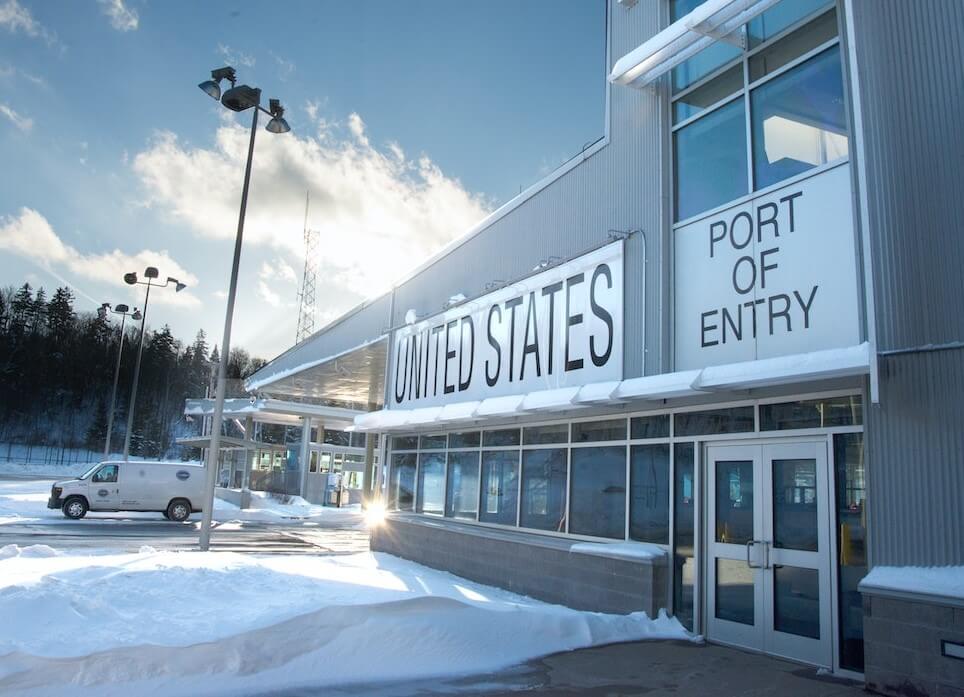
Land borders can often have very different rules and commonly operate entirely differently compared to international air borders. Firstly, immigration officers at airports may not class a one way bus ticket out of the country as reputable proof of onward travel, if this is the case, consider some of the alternative options above. Land borders are also notorious for bending official rules, particularly in parts of the developing world, so it’s best to always be fully prepared for every eventuality.
Ensure all your paperwork is printed off and up to date, there may not be access to internet or phone coverage at a small land border in the middle of nowhere as you disembark your local night bus in the early hours of the morning. With that being said, land borders can often be far less strict than air borders, with your itinerary much less likely to be scrutinised in the same way it would be at an international airport. This is why many digital nomads choose to do visa runs across land borders to reenter a country and reset their permitted length of stay. Just be sure to do your research and check out reviews from fellow travellers about the specific land borders you are planning to cross.
Just Don’t Risk It
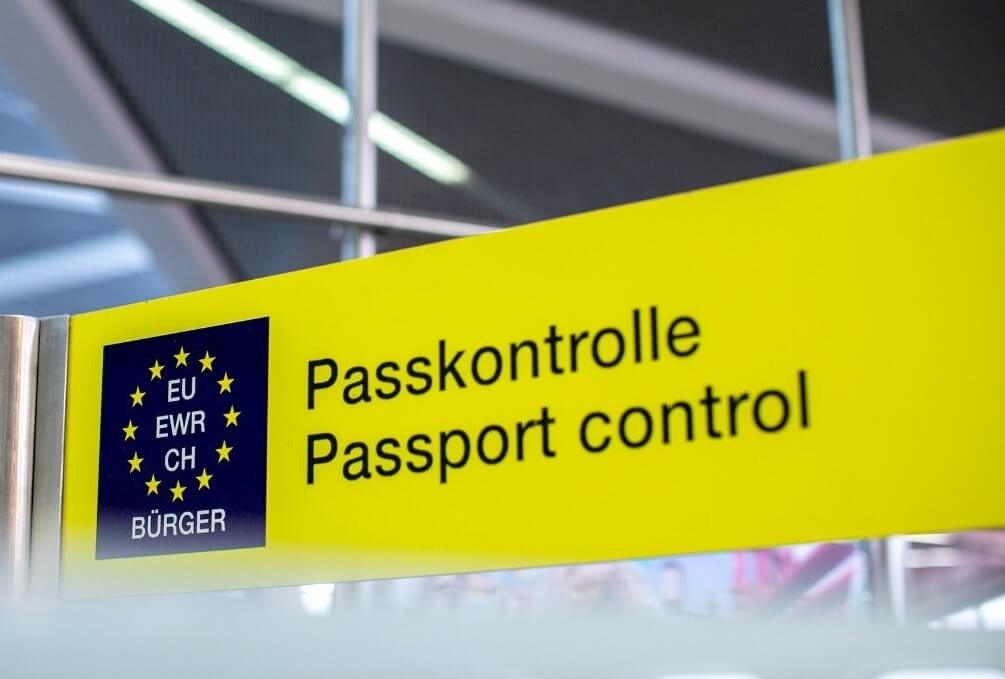
You could be one of the lucky ones and potentially may never be asked to show proof of onward travel, but there’s always the chance you could be one of the unlucky ones and end up getting painfully caught out, it’s just not worth taking that risk. I’ve personally seen a number of people denied entry, both at check-in and at immigration desks, it’s horrible to see as the majority of times they aren’t trying to break the law and do anything illegal, they just simply didn’t research the country’s specific requirements and therefore didn’t meet the specific criteria for entry.
Always expect the unexpected and always be prepared, that way nothing can go wrong, it’s always better to be safe than sorry.
As long as you appreciate and understand everything you need to do to comply with the rules and regulations of your chosen destinations, you’ll have nothing to worry about. Navigating the paperwork and logistics of travelling and backpacking is all part and parcel of the experience and emphasises the incredible effect travel has on our lives by helping mould us into a better version of ourselves.
Share this post & tell your friends!


